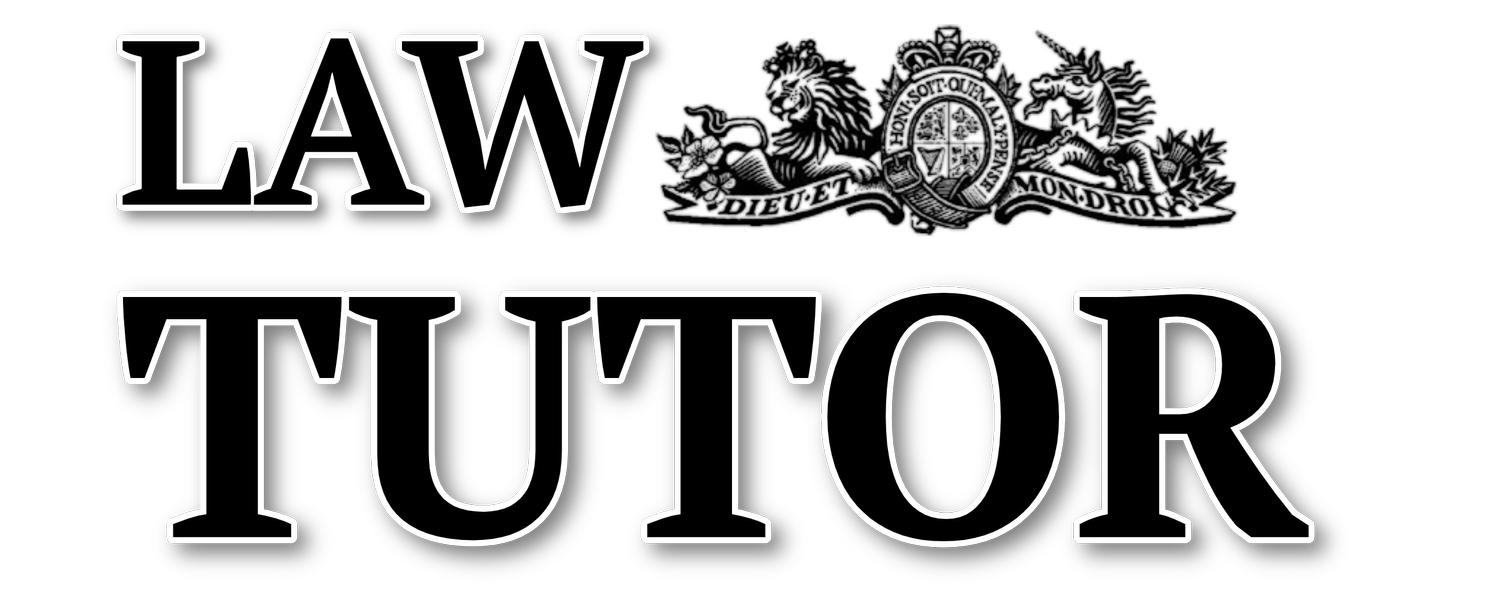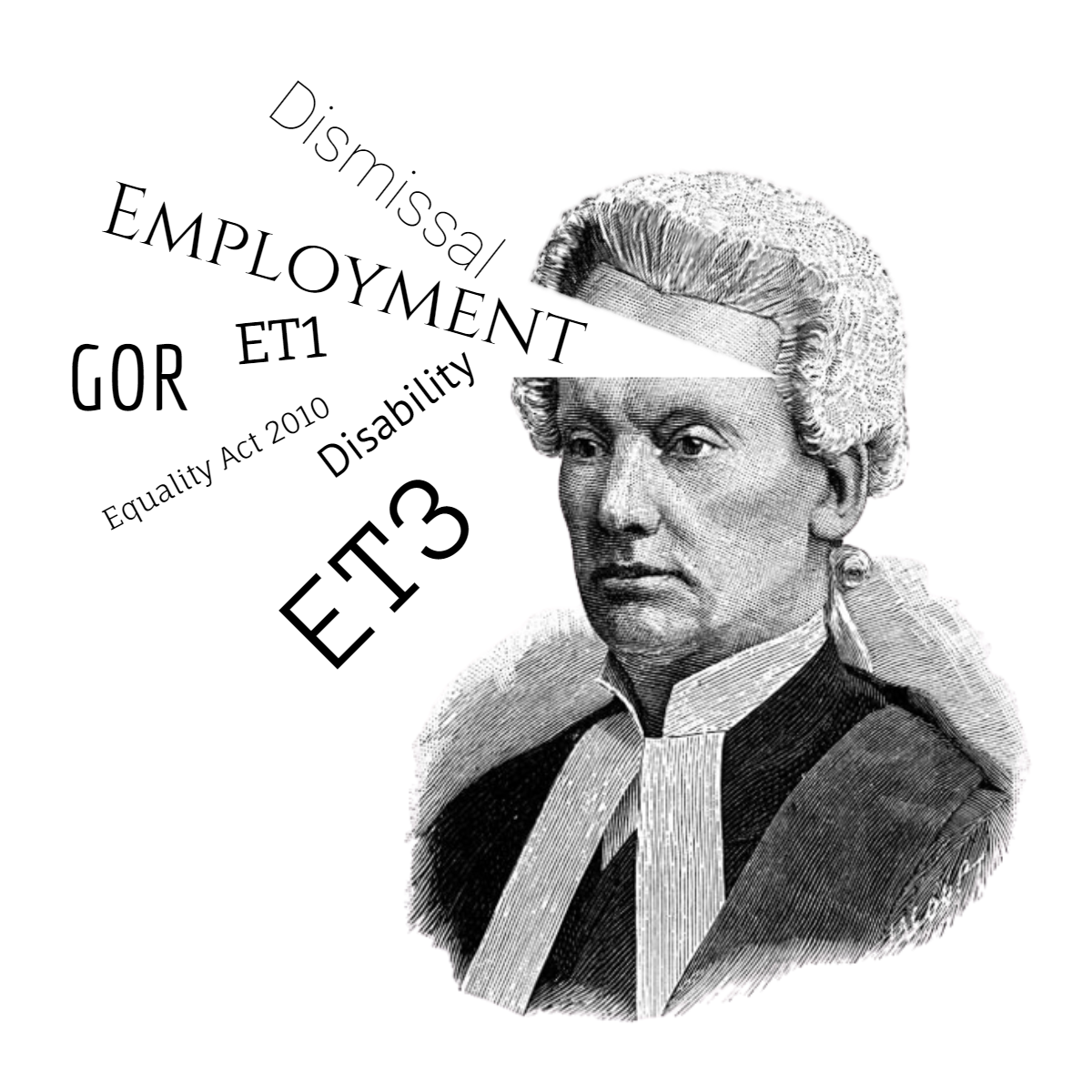Disability
Discrimination
Disability Discrimination
Discrimination based on disability will be unlawful if it is committed in any of the following forms:
Direct (s.13 EA)
Indirect (s.19 EA)
Harassment (s.26 EA)
Victimisation (s.27 EA)
Discrimination arising from disability (s.15 EA)
Failure to comply with duty to make reasonable adjustments (s.21 EA)
Direct discrimination
The definition of direct discrimination was introduced generally. In the context of disability, direct discrimination occurs when an employer treats a disabled person less favourably because of his/her disability than the employer treats or would treat others. Note that it is not direct discrimination for an employer to treat a disabled person more favourably than it treats or would treat a non-disabled person (s.13(3) EA).
The comparator
A comparator is required to show that the treatment was less favourable when compared to how the employer treated the comparator (either real or hypothetical). It is important to remember that the comparator’s circumstances must not be materially different to the claimant’s. In the case of direct disability discrimination, these circumstances include the abilities of the claimant (s.23(2) EA). Therefore, where a claimant is treated in a particular way because of something they cannot do owing to their disability, they will not succeed with a direct disability discrimination claim. This is due to the fact that the comparator (ascribed the same abilities) would not have been able to perform the task in question either, and would therefore have been treated in the same way by the employer.
‘Because of’ disability
To prove direct disability discrimination, a causal link between the less favourable treatment and the disability must be established. The tribunal must consider the reason why the claimant was treated less favourably. If the reason for the less favourable treatment was the disability itself, rather than something related to the disability, it will be ‘because of disability’.
As the disability itself must be the conscious or subconscious reason for the treatment, there must be some evidence that the employer had knowledge of the disability.
As with other protected characteristics, it is unlawful to directly discriminate against an individual because he/she is associated with someone else who has a disability. For example, an employee is not invited to a business dinner with clients, where everyone is attending with their partners, because his/her partner is disabled. In addition, it is unlawful to directly discriminate against an individual because of his/her perceived disability.
Indirect discrimination
The definition of indirect discrimination has been explained. Given the existence of the duty to make reasonable adjustments (which includes the phrase ‘PCP’), the indirect disability discrimination claim is rarely brought in practice. The downsides to the indirect claim are that:
it is necessary to show that the PCP puts or would put other disabled people at a particular disadvantage (this is not required for the duty to make reasonable adjustments, in which the claimant only needs to show that he/she has been put at a substantial disadvantage); and
the employer can objectively justify indirect disability discrimination, which is not possible for the duty to make reasonable adjustments (although, as discussed above, the duty is only to make reasonable adjustments).
One example of where the indirect claim may be brought is where the employer does not know about the individual’s disability. Knowledge is required for the duty to make reasonable adjustments, but it is not expressly required for the indirect claim.
Harassment and Victimisation
The law on harassment and victimisation have been introduced. There are no special considerations applicable to disability.
Employment Coach
Employment coaching service has been developed to provide individuals the ability to overcome their own workplace conflict or employment concerns, when they do not have want to pay a retainer to hire a solicitor. I provide an affordable alternative to expensive solicitor’s fees, and I am able to walk you through the steps of any procedure as well as provide the paperwork that you will want for your workplace dispute. The fees of solicitors are high and these legal costs you incur are not recoverable because costs are rarely awarded in employment tribunal. Getting access to good advice does not have to be expensive it should be straightforward and honest and will resolve your problem, normally with compensatory settlement.
Employment Advice
I have 20 years of experience teaching law. Additionally, I have a lot of expertise in employment law and have helped individuals as well as companies. There have been a lot of profitable results, but more than that, I have had hundreds of cases that settled because the employer was unable to win. Why not have someone teach you employment law if you are experiencing issues at work? When you are facing problems at work, I can provide you helpful suggestions and guide you to a positive result. Employment matters where I advise, seldom go to final hearing at the employment tribunal, because the case has been argued correctly from the outset. Here are some examples where I can help you:
HOw I can Help?
I am facing discrimination at work
I am facing maternity discrimination
I am facing race discrimination
I am facing disability discrimination
I want to bring a tribunal claim
How do I prepare for a Preliminary Hearing?
How to prepare a list of issues
How to prepare a schedule of loss
What is asserting a statutory right?
Claim constructive dismissal
Is my Redundancy fair



